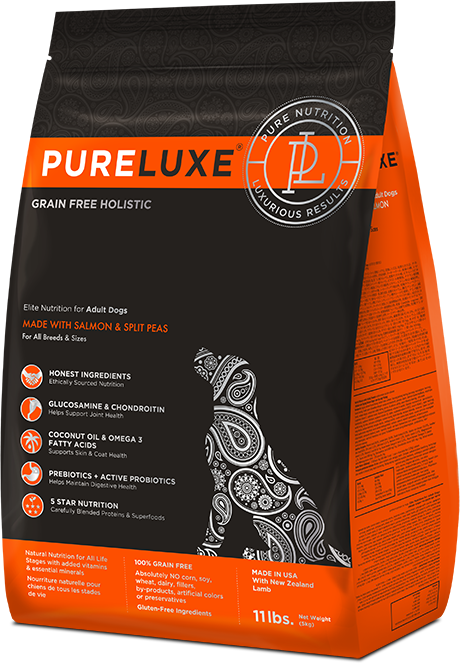For years, pet owners have prioritized shiny coats, wagging tails, and
For years, pet owners have prioritized shiny coats, wagging tails, and playful energy – all signs of a happy and healthy companion. But recently, the conversation around pet wellness has shifted to a hidden hero: the gut.
It turns out, a healthy gut – teeming with trillions of bacteria, fungi, and other microbes – is the cornerstone of a pet’s overall well-being. This diverse ecosystem, called the gut microbiome, plays a crucial role in digestion, nutrient absorption, and even immune function.
Veterinarians are increasingly recognizing the link between gut health and a variety of pet health concerns. Skin allergies, itchy paws, and digestive issues like diarrhea and constipation can all stem from an imbalanced gut microbiome.
So, how can we nurture this microscopic metropolis within our furry friends?
Diet is Key: Just like humans, pets thrive on a balanced diet that promotes gut health. Prebiotics, which act as food for beneficial bacteria, are becoming a common ingredient in pet food. Probiotics, live bacteria that can directly populate the gut, are another dietary approach.
Fiber Fantastic: Fiber is another gut health champion. It keeps the digestive system moving smoothly and nourishes the good bacteria. Look for pet foods rich in prebiotic fibers like chicory root or psyllium husk.
Mind the Meds: Antibiotics, while crucial for fighting infections, can disrupt the gut microbiome. If your pet needs antibiotics, talk to your veterinarian about ways to support their gut health during and after treatment.
Probiotics for Prevention: While probiotics can be helpful in managing digestive issues, some pet parents are incorporating them into their pet’s regular routine for preventative care.
The Signs and Signals: Just like us, pets communicate their gut woes through various signs. Excessive licking, flatulence, and changes in stool consistency can all be indicators of digestive distress.
A Collaborative Approach: If you suspect your pet might have gut health issues, consult your veterinarian. They can assess your pet’s individual needs and recommend dietary changes, probiotics, or other treatment plans.
By prioritizing gut health, we can empower our furry companions to live longer, happier, and healthier lives. After all, a happy gut is a foundation for a happy pet!




















